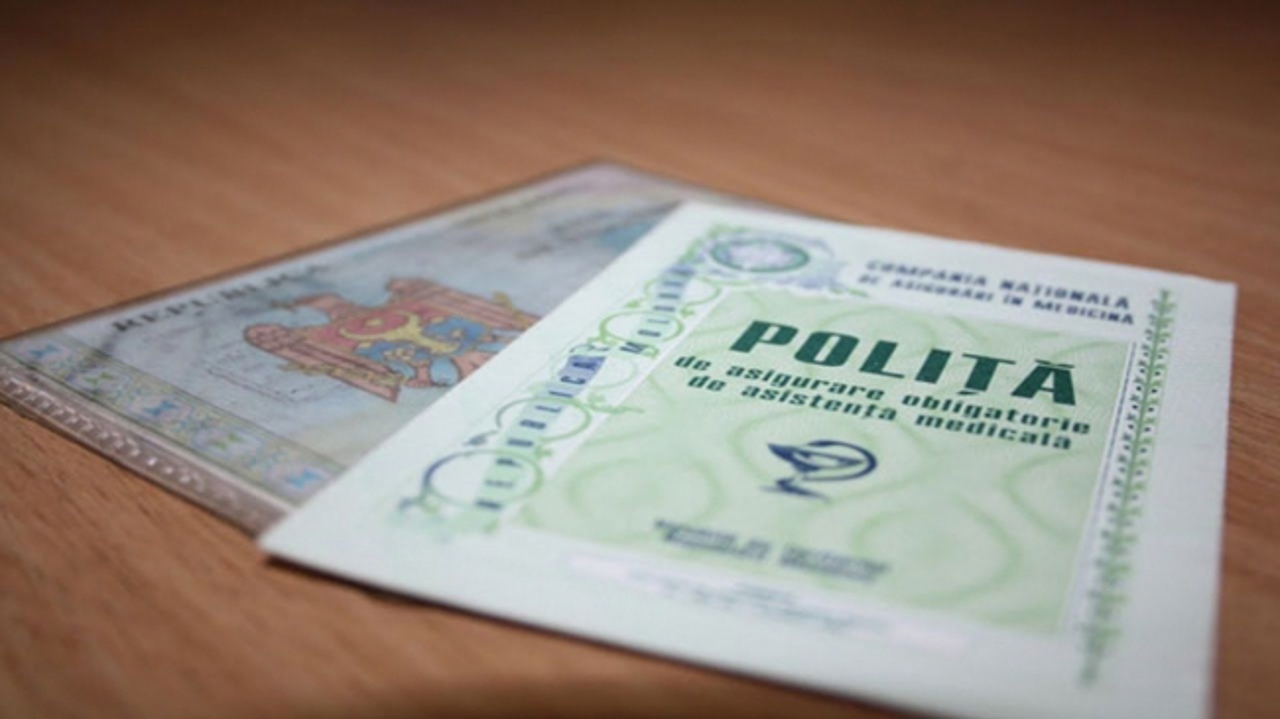Family Doctor// Nosebleeds, causes, treatment
Surely, at least once in your life, it has happened to you or you have seen someone with a bloody nose. The condition is called epistaxis and is associated with high blood pressure. Pavel Cepraga tells you more.

Epistaxis and hypertension are common conditions among the adult population.
Bleeding from the nose occurs in about 60% of people at least once in their lifetime, and most episodes are mild and short-lived, but about 6% of people with nosebleeds require medical intervention.
We know that epistaxis has many causes, including dry air, infections, allergies, trauma, alcohol abuse and the use of anticoagulants, but one of the most important risk factors is high blood pressure.
According to medscape.com, a review of scientific studies found that six out of nine studies confirm that nosebleeds are caused by hypertension.
In addition, 35,000 hypertensive people were investigated and it was found that the incidence of nosebleeds is more common in them compared to the general population.
BP (Blood Pressure) should be checked systematically and people who know they are ill should take into account the specifics of the disease. However, if you experience headaches, confusion, fatigue, chest pain and shortness of breath, do not hesitate to consult your GP or a cardiologist. Hypertension may be the cause of your condition.
As for epistaxis or nosebleeds, you should not lay your head back, on the contrary, it is advisable to stand with your head slightly bent forward. You can press a little on the sides of the nose and for 10-15 min the bleeding should stop. If you bleed for more than 15 min, consult an ENT doctor.
Translation by Iurie Tataru





